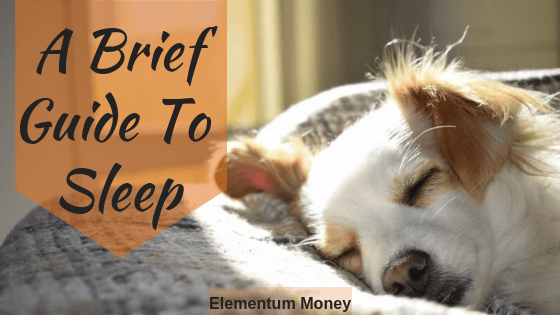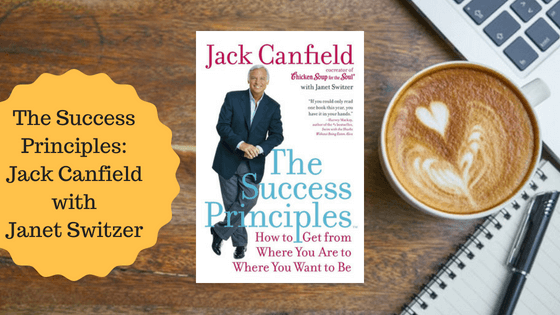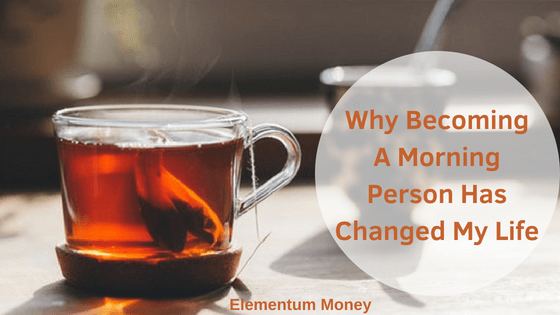Babies can’t do without it, kids fight it and humans don’t know what to feel about it. Sleep – a mysterious process that all humans experience at least once a day. It’s a unique process that most of us see either as an enabler to our daily lives or a detractor from what that life could be. As they say, love it or hate it, sleep remains something you can’t ignore. In my journey of exploring ways of growing as a person, sleep has been an important factor and my relationship with it has been volatile to say the least.
My relationship with sleep
My parents have always drilled into me and my sister about the importance of a good night’s sleep. But, like most kids, I wasn’t prone to taking on face value all the good teachings doled out that time. The one time I took that advice was on the eve of any exam as even at that rebellious age, I preferred the comfort after a good rest to the sleep deprived wooziness.
As soon as I moved out of home into a hostel in Mumbai for MBA, I took it as a ticket to make my sleep patterns completely erratic, especially on the days with no morning classes. When it came to sleep, I got waylaid even further in the first two years of working, while living in a Paying Guest accommodation. Sleep could wait as watching movies, going out drinking or binge watching TV shows were far high priorities
While I never did sustain on
Some concepts around sleep
While sleep is still to a large extent, a neurological black box, there are some interesting concepts around it.
REM Cycle
While working in my previous organization, a close friend came to me super excited one morning gushing about an app which would predict his REM cycle depending on when he went to bed and as to what would be the right time to wake up in a non-REM cycle so that he could wake up refreshed even if he sept less. Par for the course, I obviously rolled my eyes at his naiveté but it was my introduction to the idea of REM cycles. REM stands for Rapid Eye Movement and follows 3 non-REM cycles. The body starts off with the non-REM cycles, gradually moving to REM cycle or the dream stage, about 70-90 minutes after sleeping and alternates between these two cycles. Each REM cycle increases in length and most of our dreaming happens in this phase. While adults spend about 20{76b947d7ef5b3424fa3b69da76ad2c33c34408872c6cc7893e56cc055d3cd886} of their sleeping time in REM cycle, babies can have up to 50{76b947d7ef5b3424fa3b69da76ad2c33c34408872c6cc7893e56cc055d3cd886} sleep in REM cycle.
Circadian rhythm
Circadian Rhythm refers to the 24 hour wake-sleep cycle followed by animals, including humans governed by an internal biological clock. This rhythm is seen in how we feel sleepy towards the night and wake up without an alarm in the morning, at whatever time it may be. This rhythm is also responsible for why we are not able to instantly re align our bodies to the time zone difference when we travel. Circadian rhythm gets quite a bit of help from the melatonin secreted by our body, which helps regulate sleep. Read more about it in the point below.
Melatonin
Melatonin is a hormone which regulates our sleep-wake cycle, working in tandem with our circadian rhythm or internal body clock. The level of melatonin in our bodies is inversely proportional with the amount of daylight, increasing as it gets darker. This article from Psychiatric Times puts the role of melatonin well with this statement “The time before this secretion is the least likely for sleep to occur, and when it starts, the propensity for sleep increases greatly as the “sleep gate” opens.”
Recently, my sister recommended a melatonin supplement to cure jet lag and as an aid to reconcile body clock much quicker. It is also a supplement, sometimes referred to as a cure for insomnia.
Benefits of a good nights sleep
Healthy heart
While the death of Ranjan Anand (SAP India CEO) was an extreme case where a cardiac arrest was attributed to sleep deprivation, there is ample evidence in the linkage between good adequate sleep and a healthy heart. Web MD covered this study where they noticed a higher probability of fatty deposits in arteries for people who were sleep deprived or experienced low quality sleep.
Alertness & better decision making
I actually think zombies are not a figment of our imagination, but a name for people who have not slept well for ages. I definitely feel like I am in a zombie-like state on the days that follow a restless night of sleep. When we talk about better decision making, a well rested brain is clearly attributed to clear thinking.
Better memory
The relationship between sleep and better memory is so strong that there is a separate Wikipedia page just to explore it. Even now, it is an active area of research as there is a lot yet to be discovered. However, the consensus is that there are parts of the brain that light up while we sleep. Selective memories are strengthened while some are completely discarded too. So, in some ways, the brain uses our sleep time to sift and clean through the memories made or retained till that day. So, as I have experienced, a good night’s rest indeed is useful before any day which uses a lot of memory, be it an exam or an important presentation.
Muscle repair & weight loss
Read any content about weight loss and sleep comes as an add-in to complete the triangle with diet and exercise. While strength training is supposed to be useful for muscle tear and slow sustained calorie burn, it is proper sleep which closes the loop by aiding muscle repair. Regular, good sleep also keep glucose levels regulated not leading to random sugar cravings. I should know considering I am told these facts by my husband every time I crib about my struggle with weight loss.
Depression risk reduction
Sleep and depression are a viscious circle as one leads to the other. Sleep depriviation impacts many of the chemicals in your body, including serotonin secretion, directly linked to our emotions. People with serotonin deficiencies are more likely to suffer from depression. You can help to prevent depression by making sure you are getting the right quality and amount of sleep every night.
Good sleep hygiene
Considering insomnia as well as poor sleep is a very real problem, common among a lot of people, the internet yields a lot of suggestions on improving sleep quality. I have included only a few of the most basic and self applied strategies that have yielded good results for me as best practices for sleep:
Sleep for 7-8 hours every night
I am guilty on this count because with a hectic job, working out, reading, writing and household chores, most days I am happy to get even six and a half hours. However, 7-8 hours of sleep for adults at night is a recommendation I found in multiple sources. While I try to cover some of my sleep debt over the weekend, make sure you reach close to this number.
Consistent Routine
Experts suggest that maintaining a good circadian rhythm helps a lot with sleep. So, sleeping around the same time at night and waking up at a consistent time in the morning goes a long way in making for good quality sleep. Personally, I still have about a 1.5 – 2 hour variation between my wake times on weekdays and weekends, I am still much better off than the days of yore when weekends meant being in bed till at least 9:30 in the morning. Now I am quite the early bird, with no intention of getting any worms 😉 .
Dark, cool and quiet environment
As a natural process, humans associate dark with sleep time. When we artificially disrupt that process, knowingly or unknowingly that rubs off on sleep quality too. Some other preferable attributes of the sleep venue are a lower temperature and less noise. Being a city rat, I fear being caught in an eerily quiet environment, but the body definitely prefers dearth of noise to an excess.
No screens atleast 30 minutes before sleeping
Is checking your email and browsing social media the last thing you do before you sleep and first thing as soon as you are up? Thankfully, since the time I started this quest of imbibing good practices, the first one to find its’ way out was a social media addiction. The last thing I do before I sleep is to read a book on my iPad with the night settings on. Whether the night setting really works or not is still out for debate but using a screen to read is still better than falling asleep watching Netflix or Prime.
Get some exercise in the day
For me, the impact of exercise on my sleep is very discernible. There are days I wake up wondering why I still don’t feel refreshed after a decent length of slumber and on some days when it almost seems like I fall asleep as soon as my head hits the pillow, I feel like a new person the next morning. The difference, almost always has to do with whether I worked out or not. If going to the gym is too much effort, figure out some way to integrate at least a 20 minute walk in your routine. You will see a viable difference in how you feel when you wake up.
In this day and age, when we want to cram up everything possible in the 24 hours of each day, sleep is often the first aspect that finds itself shunted out. However, make sleep a priority and you will see a lot of other pieces of the puzzle falling in place.
Are you sleep deprived or do you make sleep a priority? Let me know in the comments below.





Leave a Reply